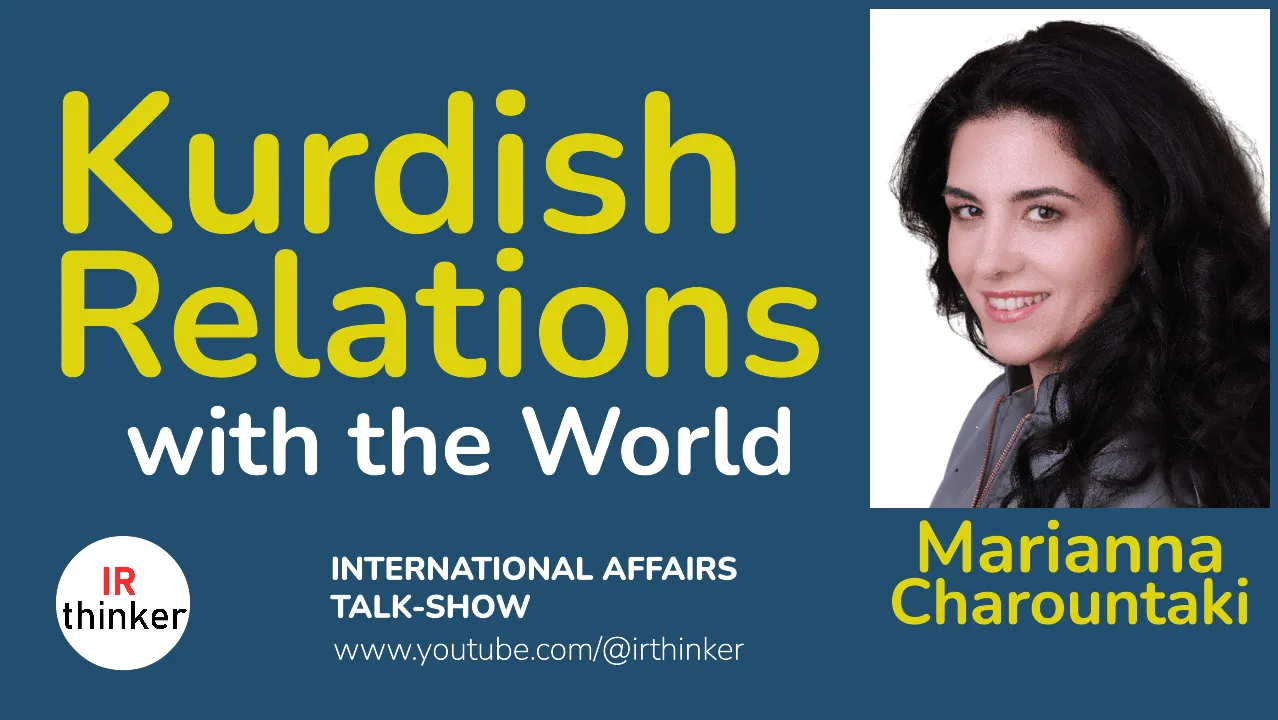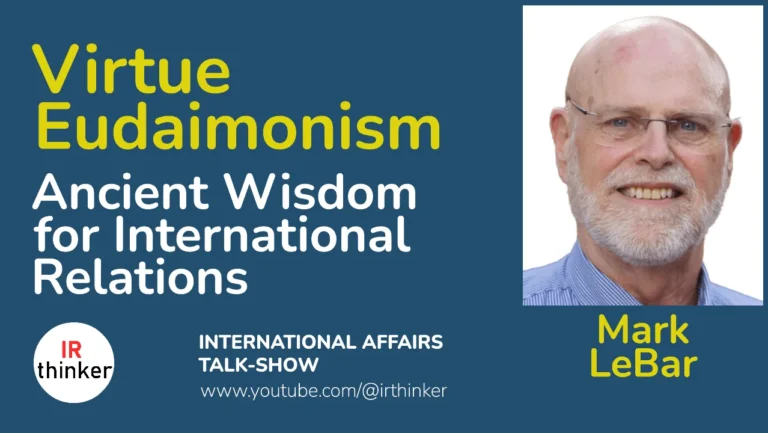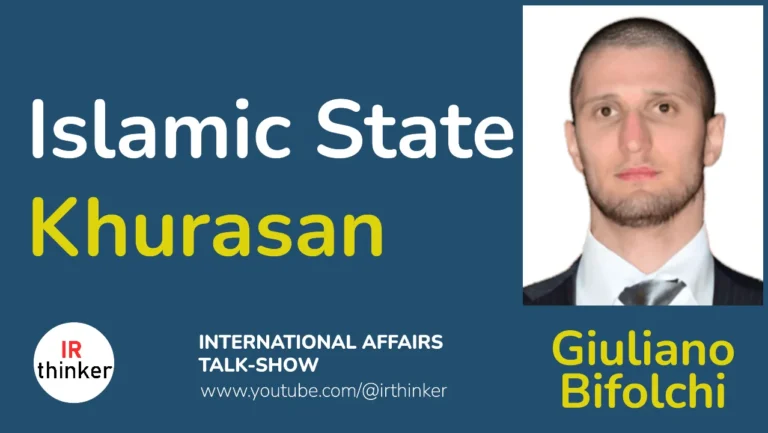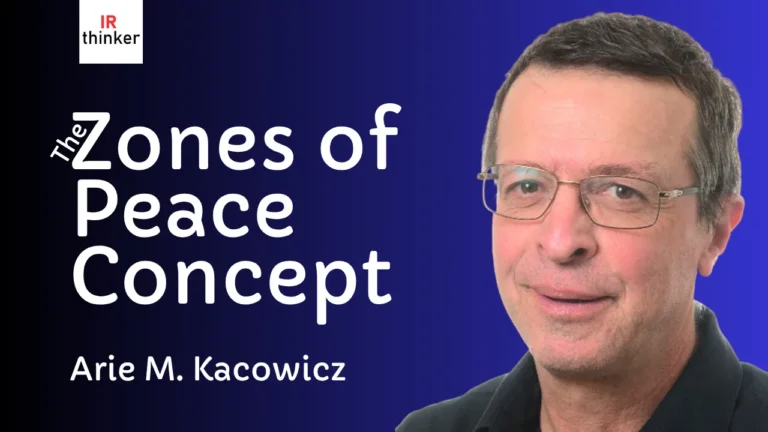
In this insightful interview, Dr. Marianna Charountaki delves into the complex dynamics of Kurdish politics, examining the impact of the 2003 U.S. invasion on the Kurdish Regional Government (KRG) and the effects of the 2017 independence referendum. She discusses global perceptions of the Kurds, Türkiye’s response to the PKK, and the KRG’s intricate relations with Baghdad and oil exports. Additionally, Dr. Charountaki addresses the Kurds’ pivotal role in the Syrian conflict and their ongoing political aspirations, shedding light on their struggle for recognition and rights.
Content
- Impact of the 2003 U.S. Invasion on the Kurdish Regional Government (KRG)
- Global Perceptions of the Kurds
- Türkiye’s Response to the PKK
- Current Relations Between Türkiye and the KRG
- Effects of the 2017 Kurdish Independence Referendum
- The Kurds’ Role in Fighting Terrorism and Western Relations
- KRG-Baghdad Relations on Oil Exports to Türkiye
- Russia’s Relations with the Kurds
- Human Rights and Crackdowns on Kurdish Political Parties
- The Kurds’ Role in the Syrian Conflict
- Future Political Goals
Marianna Charountaki
Marianna Charountaki is Senior Lecturer in International Politics at University of Lincoln in the United Kingdom. Her research focuses on International Relations theories, foreign policy analysis, and area studies with an emphasis on the Middle Eastern region.
Selected Publications:
Charountaki, M. (2014). The Kurds and US foreign policy: International relations in the Middle East since 1945. Routledge.
Charountaki, M. (2015). Kurdish policies in syria under the arab uprisings: A revisiting of ir in the new middle eastern order. Third World Quarterly, 36(2), 337–356. https://doi.org/10.1080/01436597.2015.1015786
Charountaki, M. (2016). The GCC in kurdish politics. Journal of Arabian Studies, 6(2), 201–215. https://doi.org/10.1080/21534764.2016.1242232
Charountaki, M. (2018). From resistance to military institutionalisation: The case of the peshmerga versus the Islamic State. Third World Quarterly, 39(8), 1583–1603. https://doi.org/10.1080/01436597.2018.1449633
Charountaki, M. (2018). Iran and Turkey: International and regional engagement in the Middle East. I.B. Tauris.
Charountaki, M. (2018). State and non-state interactions in International Relations: An alternative theoretical outlook. British Journal of Middle Eastern Studies, 45(4), 528–542. https://doi.org/10.1080/13530194.2018.1430530
Charountaki, M. (2020). Non-state actors and change in foreign policy: The case of a self-determination referendum in the Kurdistan Region of Iraq. Cambridge Review of International Affairs, 33(3), 385–409. https://doi.org/10.1080/09557571.2019.1663495
Charountaki, M., & Irrera, D. (Eds.). (2022). Mapping non-state actors in international relations. Springer International Publishing. https://doi.org/10.1007/978-3-030-91463-9
Charountaki, M., Kourtelis, C., & Irrera, D. (Eds.). (2024). Non-state actors and foreign policy agency: Insights from area studies. Springer Nature Switzerland. https://doi.org/10.1007/978-3-031-51885-0






